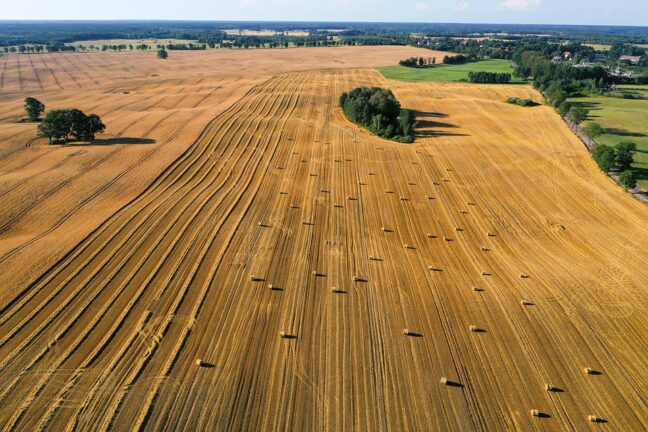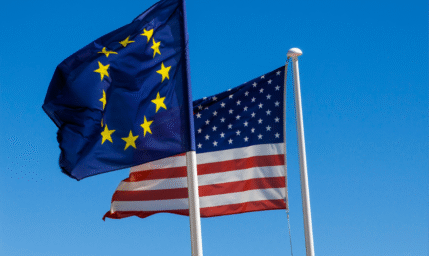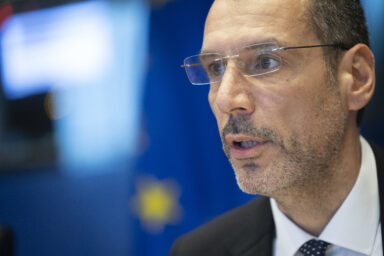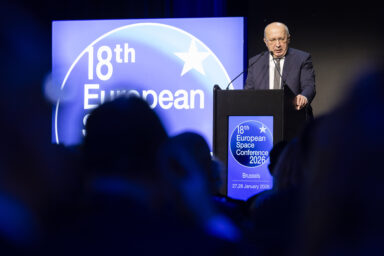The European Union and Ukraine have reached an initial deal to revise their free trade agreement and determine future agricultural exports from Ukraine to the bloc, the European Commission said on Monday, 30 June.
As the Autonomous Trade Measures (ATMs) expired on 5 June 2025, the EU and Ukraine have been negotiating the review of their Deep and Comprehensive Free Trade Area (DCFTA). The reason was to offer longer-term predictability and stability to EU and Ukrainian operators.
The agreement in principle that was reached is a balanced one, says European Commission. It takes into account the EU’s commitment to provide a long-term solution to operators and the need to continue supporting Ukraine. It also takes into consideration Ukraine’s expectation to further enhance its dynamic trade relations with the EU while considering the sensitivities of certain agricultural sectors.
Ukrainian products to meet EU’s standards
All new market access concessions will be conditioned to the gradual alignment of Ukraine to relevant EU production standards by 2028. These include animal welfare, the use of pesticides and veterinary medicines. Ukraine is expected to report every year on its progress in that regard.
Today’s agreement in principle is balanced, fair and realistic. It represents the best possible outcome under difficult geopolitical conditions. – Maroš Šefčovič, Commissioner for Trade and Economic Security
Both sides agreed to provide for the possibility to invoke a safeguard in case of negative impacts due to the further liberalisation of their bilateral trade.
Ukraine will increase quotas volumes for pork, poultry, and sugar and will eliminate or reduce its tariffs on goods imported from the EU. On its side, the EU will further open its market to Ukrainian products, compared to before the war. It will fully take into account the sensitivities of certain EU agrifood sectors.
You might be interested
EU will look at specific EU flanking measures to help Ukrainian exporters regain their traditional markets and get their products to global markets.
EU exports to Ukraine a wide range of products, in particular food and other processed agricultural products, including dairy products, fresh fruit and vegetables as well as meat and meat preparations.











